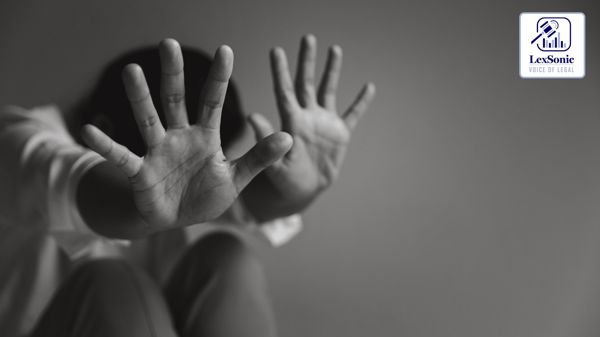Bombay High Court Upholds Conditional Stay in Domestic Violence Case, Citing Pending Appeal and Validity of Marriage until Declared Otherwise.
17 July 2025
Domestic Violence >> Family Law
The Bombay High Court has dismissed a Criminal Application challenging a conditional order that required an Applicant to deposit Rs. 5,00,000/- as a precondition for staying a distress warrant in a Domestic Violence (DV) case in the matter of Harshad Suresh Sonawane v/s The State of Maharashtra Through Public Prosecutor & Another. The Court emphasized that the substantive appeal against the interim maintenance order is already pending before the Sessions Court and that the validity of the marriage, for the purpose of the DV Act, stands until declared void by a competent court.
The case originated from a Domestic Violence complaint filed by Respondent No. 2 against the Applicant, seeking monthly maintenance of Rs. 20,000/- and monthly rent of Rs. 10,000/-. The Judicial Magistrate First Class (JMFC) at Belapur had partly allowed this interim application. Aggrieved by this order, the Applicant filed an appeal before the Additional Sessions Court, Navi Mumbai.

During the pendency of the appeal, a distress warrant was issued against the Applicant for non-payment. The Sessions Judge, without delving into the merits of the appeal, granted a conditional stay on the distress warrant, requiring the Applicant to deposit Rs. 5,00,000/- to demonstrate his bona fides. The Applicant then approached the High Court, assailing this conditional order.
The Applicant's primary contention was that his marriage to Respondent No. 2 was void ab initio because she had a pre-existing marriage when they tied the knot on September 30, 2017. He claimed he was unaware of her prior marriage until he saw the marriage certificate, which showed a different date (July 25, 2018) than their actual ceremony. He argued that since there was no valid marriage, there could be no "domestic relationship" as defined under the DV Act, making the complaint and subsequent maintenance orders unsustainable. He cited the Supreme Court's judgment in D. Velusamy v. D. Patchaiammal (2010), which specifies conditions for a "relationship in the nature of marriage," including both parties being unmarried.
Respondent No. 2, in her reply, countered these claims. She stated that the Applicant was aware of her prior marriage and even persuaded her to marry before her divorce decree was finalized. She confirmed that her first marriage was legally dissolved on April 16, 2018, and that they subsequently performed marriage rituals again on July 25, 2018, to legalize their union, which was also reflected in the marriage certificate. She further alleged various incidents of physical harassment and ill-treatment by the Applicant and stated that he had used the same marriage certificate to obtain a housing loan with her as a co-borrower, continuing to cohabit with her until August 2019. She relied on the Supreme Court's decision in Smt. N. Usha Rani & Anr. v. Moodudula Srinivas (2025), which held that a woman could claim maintenance under Section 125 Cr.P.C. from her second husband even without a formal divorce decree from the first, if there was a mutual agreement to separate.
High Court's Observations and Decision:
The High Court, after considering the submissions, found no perversity or illegality in the conditional order passed by the Additional Sessions Judge. It noted that the deposit of funds was merely to demonstrate bona fides, especially since the Applicant had already agreed to deposit Rs. 3,00,000/- when the High Court first issued notice.
Crucially, the High Court emphasized that the core issue of the marriage's validity could not be decided in a collateral proceeding such as a Domestic Violence complaint or its appeal. The Court referred to the Supreme Court's ruling in Deoki Panjhiyara v. Shashi Bhushan Narayan Azad (2013), which held that the validity of a marriage must be determined by a competent court in an appropriate proceeding with all legal requirements. Until such a declaration, the marriage is presumed valid, entitling the wife to all benefits and protection under the DV Act.
Therefore, the High Court concluded that since the substantive appeal challenging the JMFC's order was still pending before the Additional Sessions Judge, and in light of the Supreme Court's precedent regarding the presumption of marriage validity, there was no ground to interfere with the conditional stay order.
The Criminal Application was consequently dismissed, and the Rs. 3,00,000/- previously deposited by the Applicant in the High Court was directed to be transferred to the Sessions Court in PWDVA Appeal No. 15 of 2024.
Code of Criminal Procedure, 1973
Protection of Women from Domestic Violence Act, 2005
